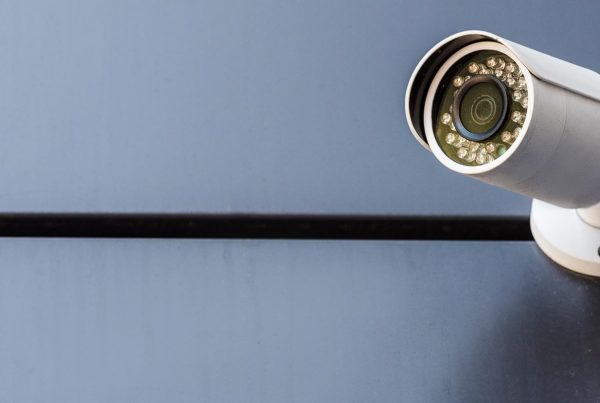CCLA argued against installing these audio surveillance devices, designed to detect gunshots and direct police deployment, from the beginning. We wrote to the Mayor. We spoke to the Toronto Police Services Board. And we spoke out publicly. This time, our voice–and the voices of others who also raised principled objections to purchasing and installing this technology in our community–was heard.
The Toronto Police Service has come to the same conclusion we reached in our initial assessment: there were potentially serious risks to constitutional rights, risks and uncertainties when it came to using such information in court, and risks with allowing a private sector vendor to own surveillance data collected on Toronto streets. Add these to the risks of discrimination inherent in adding essentially a mass surveillance tool into specific communities and it was even more clearly not the right tool for Toronto.
Rejecting ShotSpotter because of the impact it would have on our Charter-protected rights is the right call. We’d argue that all state surveillance tools and practices should be subjected to similar analyses, up front, before decisions are made.
But for now, this is a win for Torontonians and for residents of other Canadian cities whose police forces can learn from Toronto’s experience. In the midst of last summer’s fear after some terrible tragedies, ShotSpotter was held out as a technological fix, but the analysis of whether it was the right tool at all, whether it would work as well as the sales pitch promised, and whether the made-in-America solution would address our different Canadian problems was cursory. In other words, the decision to buy it was ridiculously rushed.
Thankfully, the consultation and analysis we pushed for led to sober second thoughts about whether it was the right technology to install on our streets. The decision was it was not.
It’s a small victory against surveillance, but it’s a victory. This is what we were fighting for.
You can read more on Toronto’s decision to abandon the ShotSpotter Project below:
About the Canadian Civil Liberties Association
The CCLA is an independent, non-profit organization with supporters from across the country. Founded in 1964, the CCLA is a national human rights organization committed to defending the rights, dignity, safety, and freedoms of all people in Canada.
For the Media
For further comments, please contact us at media@ccla.org.





